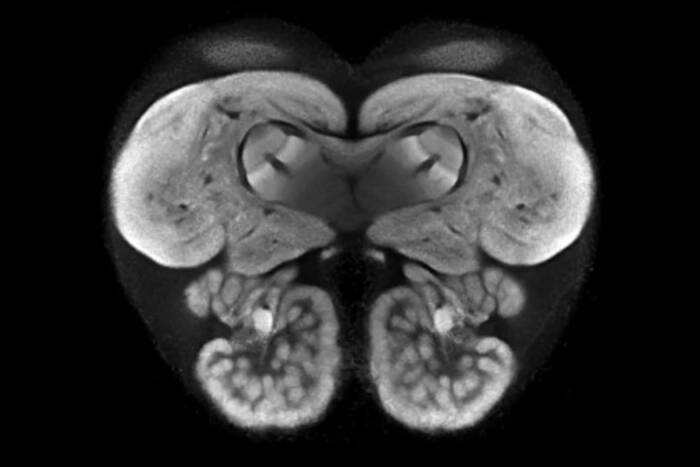Bruce McEwen awarded Goldman-Rakic Prize
Rockefeller University’s Bruce McEwen has received the Goldman-Rakic Prize for Cognitive Neuroscience from the National Alliance for Research on Schizophrenia and Depression, the world’s largest donor-supported philanthropy devoted to the support of research on brain and behavioral disorders. McEwen is recognized for his studies on environmentally regulated gene expression in the brain, which has contributed to an understanding of stress and stress hormones in a range of disorders, including depression and post-traumatic stress.
The Goldman-Rakic prize, which was presented to McEwen on October 28 during a gala awards dinner in New York City, honors excellence in neurobiological research at the cellular, physiological or behavioral levels that may lead to a greater understanding of the cerebral cortex. The collaborative nature of McEwen’s career, which bridges the gap between molecular and behavioral research and clinical disorders, along with his outstanding legacy of mentorship, was also highlighted.
McEwen, who is the Alfred E. Mirsky Professor and head of the Harold and Margaret Milliken Hatch Laboratory of Neuroendocrinology at Rockefeller, will also be presented with the Karl Spencer Lashley Award from the American Philosophical Society, which is also in recognition of work on the integrative neuroscience of behavior, on November 11th.
Using the rat brain as a model, McEwen’s laboratory studies the mechanisms by which stress and sex hormones shape the brain’s structure and function during early development and regulate nerve cell activity and structure in adult life. Their findings have implications for the impact of stress on the brain, for understanding sex differences in human brain function and behavior, and for abnormalities of brain function and behavior, such as Alzheimer’s disease, depressive illness, and post-traumatic stress disorder, as well as the aging process.


